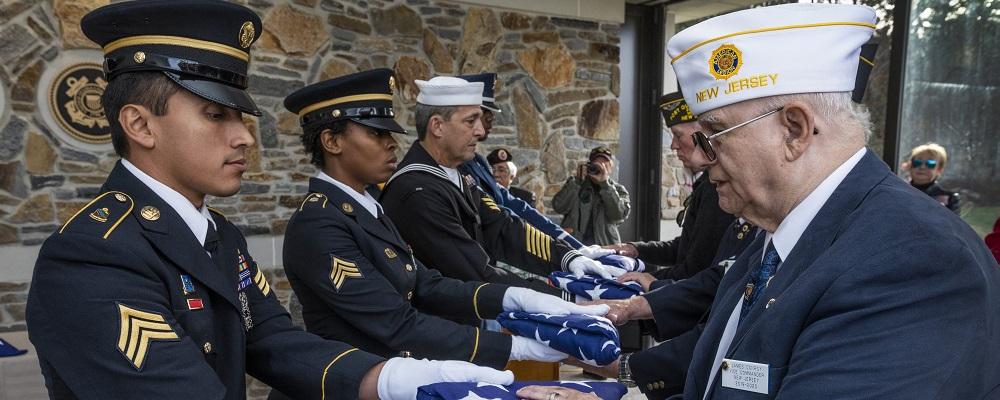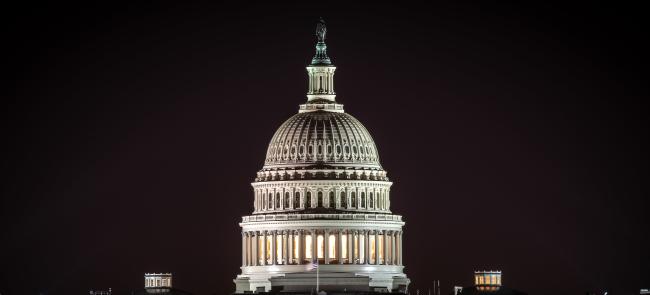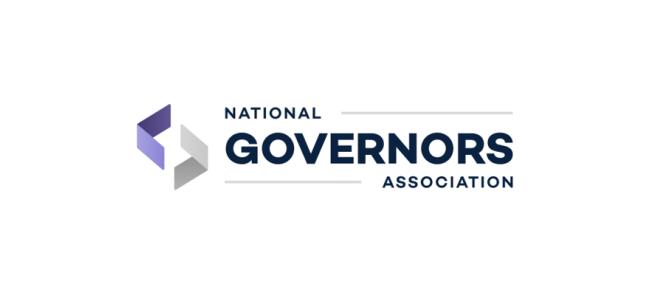
The Senate Veterans’ Affairs Committee has unanimously passed a series of bipartisan bills aimed at helping veteran employment, bolstering suicide prevention, and serving women and Native Americans who served their country.
Many of the bills are expected to be eventually approved by the full Senate and the House later this year.
The bills were introduced last year and include six separate pieces of legislation.
The Veterans’ Preference Parity Act (S. 2595) would change eligibility for federal hiring preference from 180 days of consecutive active duty service to 180 days of nonconsecutive service.
The Highly Rural Veteran Transportation Program Extension Project (S. 850) would extend the authorization of Department of Veterans Affairs’ grants for service organizations who help veterans travel to appointments.
The Helping Expand and Launch Transitional Health for Women Act (S. 3182) would direct the VA to carry out a pilot program to better connect female veterans with health benefits and services.
The Tribal Advisory Committee Act (S. 524) would establish an advisory committee within the VA, with members representing each of 12 Indian Health Service areas.
The Department of Veterans Affairs Information Technology Reform Act (S. 2336) would increase transparency into proposed and current IT spending on critical programs for veterans.
The largest of the bills dealt with suicide prevention, which is the committee’s top legislative priority.
The Commander John Scott Hannon Veterans Mental Health Care Improvement Act (S. 785) would improve veterans’ access to life-saving care. It would support alternative and local treatment options, increase rural veterans’ access to VA care, and bolster the VA’s mental health workforce.
Sen. Jerry Moran, R-Kansas, and chairman of the committee, said losing one veteran to suicide is too many.
“As our veterans transition out of the military, they are dealing with the invisible wounds of war that often go unnoticed and untreated,” Moran said. “This legislation works to expand access to mental health care for veterans by strategically reaching veterans in hard-to-reach places like rural Kansas and providing our veterans with alternative and innovative treatments.”
“This comprehensive approach — combining supportive services with evidence based clinical care through the Department of Veterans Affairs — will ensure that no veteran slips through the cracks,” said Sen. Jon Tester, D-Mont., the ranking Democrat on the committee.
Rep. Phil Roe, R-Tenn., applauded the committee for its work. Roe is ranking member of the House Committee on Veterans’ Affairs and said he hopes to see the bills considered by the full Senate, House and on the president’s desk soon.










